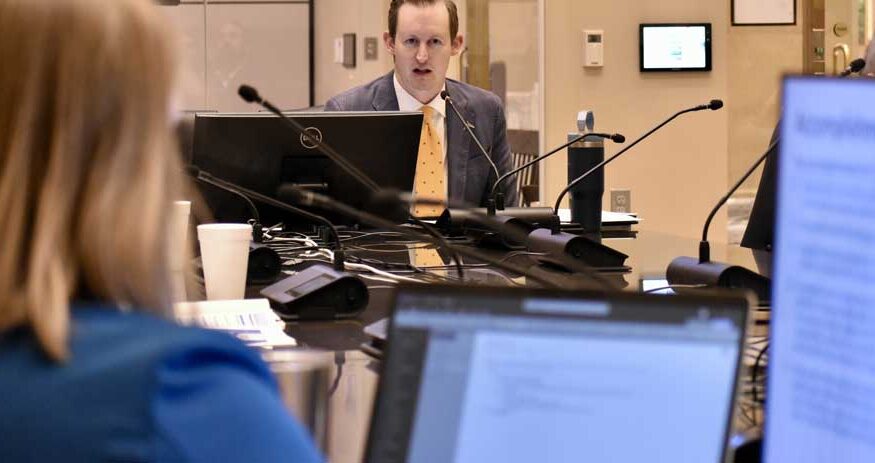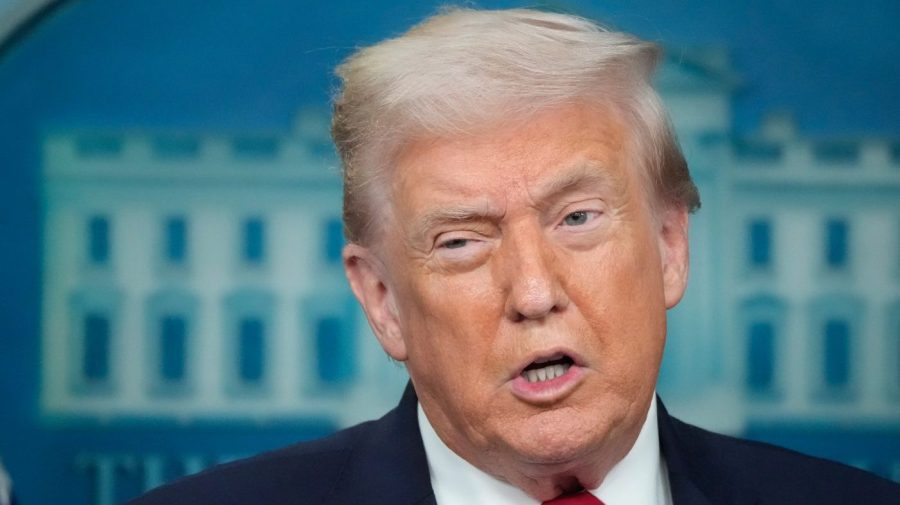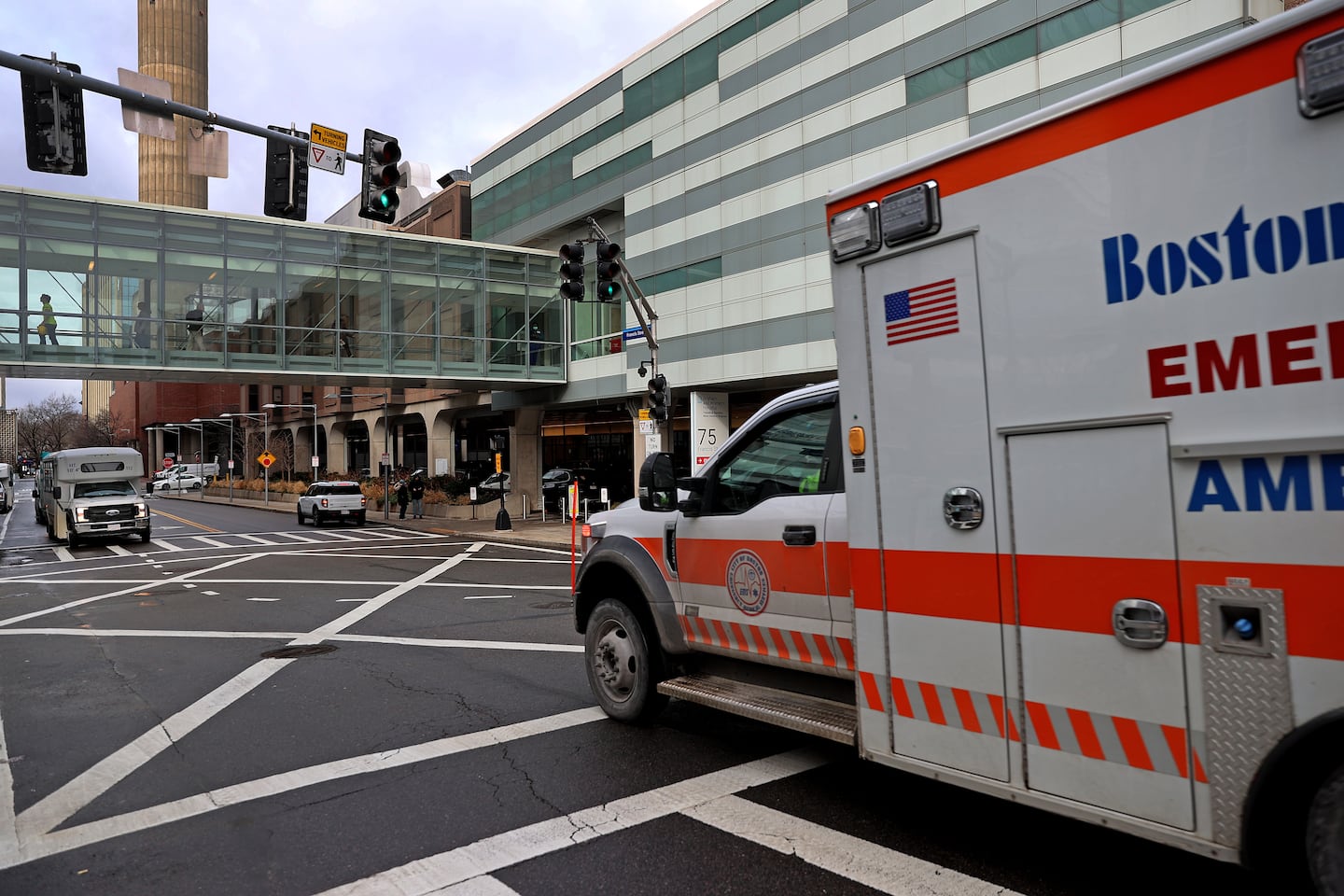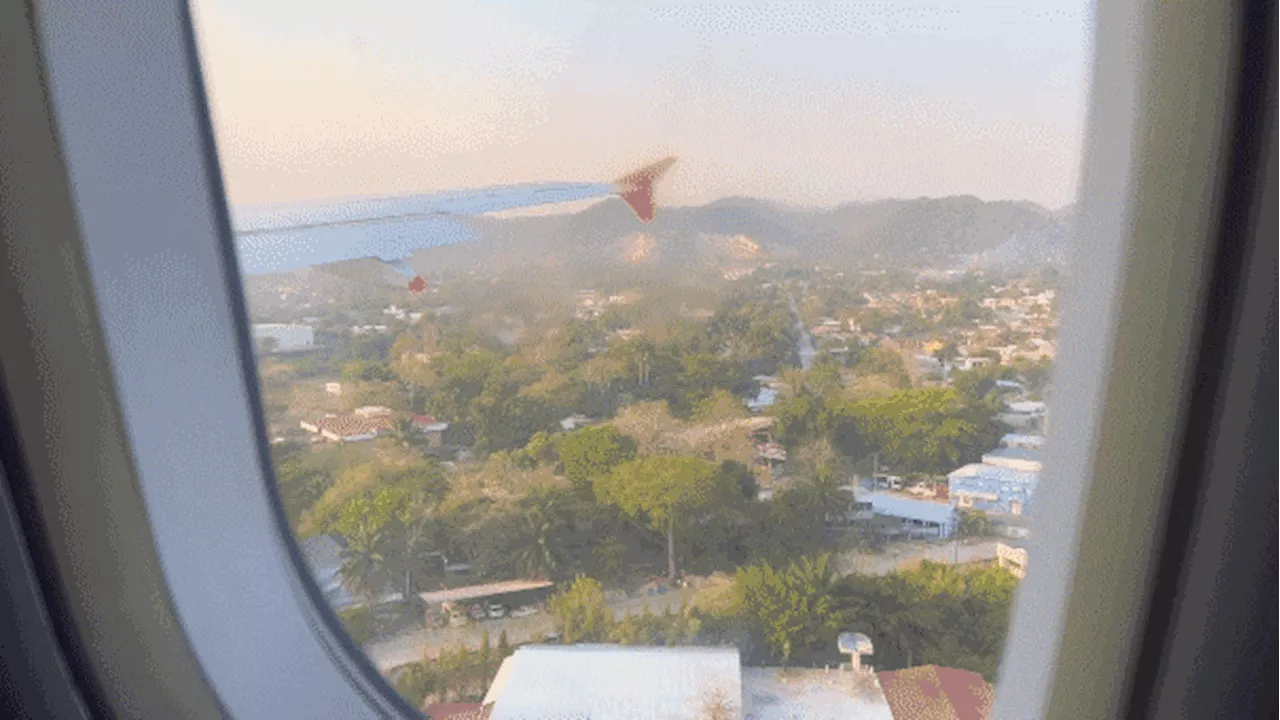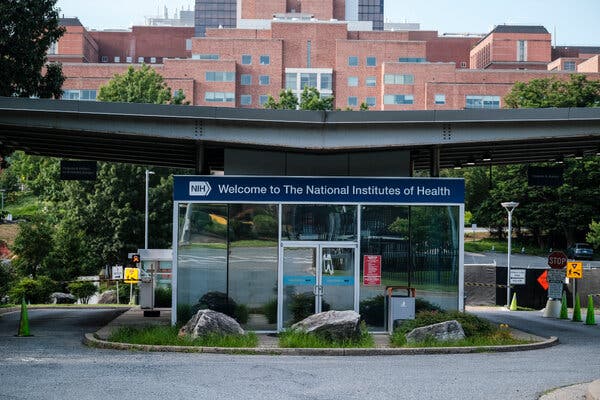
Two prominent scientists have filed whistle-blower complaints alleging that they were removed from their leadership positions at the National Institutes of Health (N.I.H.) after opposing actions by the Trump administration that they claim undermined vaccine efforts and politicized the research funding process. The complaints, submitted late on March 29, 2023, reveal internal tensions at the N.I.H. during a period marked by increasing pressure on the federal health research framework.
Dr. Jeanne Marrazzo, who until March 31, 2023, directed the National Institute of Allergy and Infectious Diseases, and Dr. Kathleen Neuzil, who led the Fogarty International Center until mid-April, highlighted what they describe as a pervasive “hostility” towards vaccines within the upper management of the N.I.H. This agency has long been a cornerstone of vaccine research globally.
The allegations point to a broader climate of dissent among former high-ranking health officials, who have voiced concerns regarding what they categorize as dangerous and unscientific attitudes towards vaccines emerging within the federal government. These policies, according to some officials, not only threaten public health but also restrict federally funded research aimed at developing future vaccines against infectious diseases.
In their complaints, Marrazzo and Neuzil contend that the Trump administration engaged in efforts to undermine established vaccine protocols and flouted court orders related to research funding. They assert that such actions created an environment where political interests overshadowed scientific integrity, potentially opening the door to preventable infections across the country.
The complaints come at a critical time when the efficacy and safety of vaccines remain pivotal in combating ongoing public health challenges. Marrazzo’s and Neuzil’s experiences illustrate a fracture within an agency traditionally viewed as a leader in the fight against infectious diseases. Their allegations add to the growing body of criticism directed at the administration’s handling of health policy, raising questions about the future of vaccine research and public health initiatives in the United States.
As the N.I.H. navigates this internal upheaval, the implications of these whistle-blower complaints could reverberate beyond the agency, potentially influencing public trust in vaccines and the federal government’s role in facilitating essential health research. The situation underscores a critical intersection of science, politics, and public health that continues to evolve in the current landscape.
